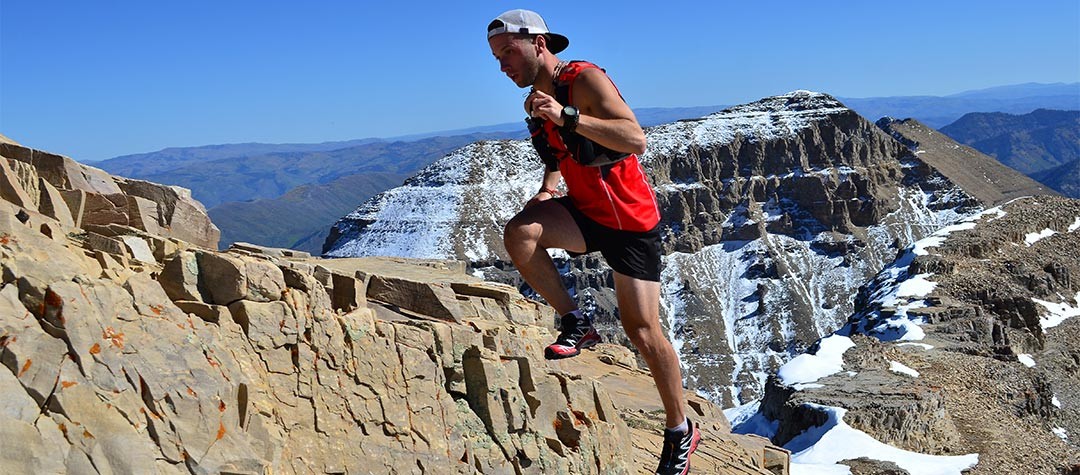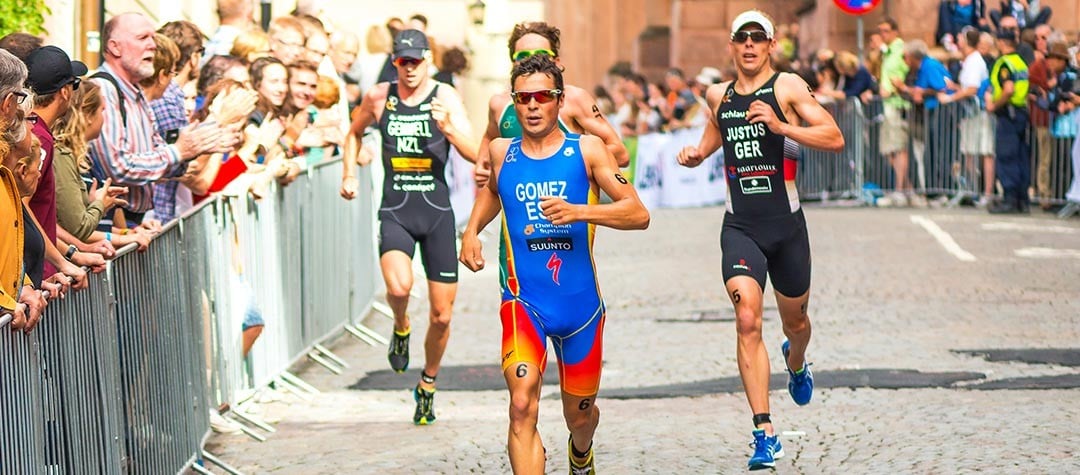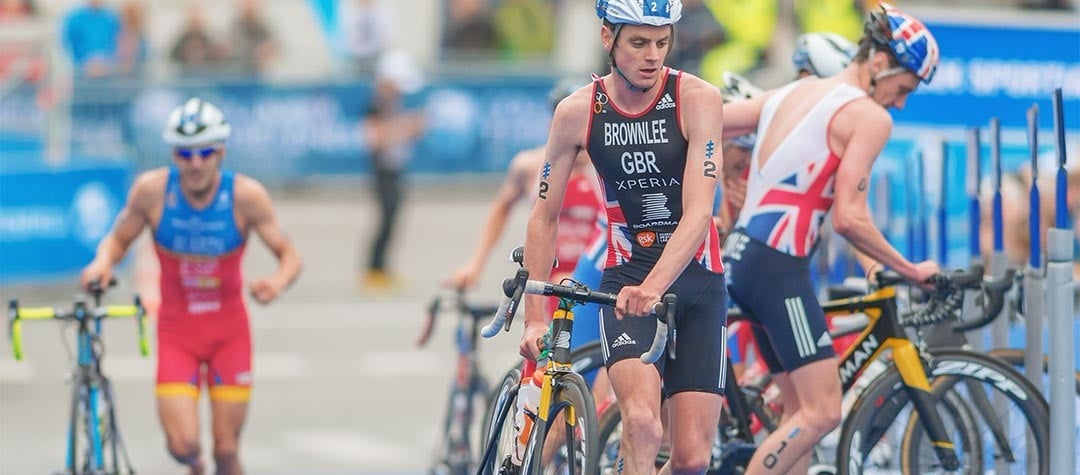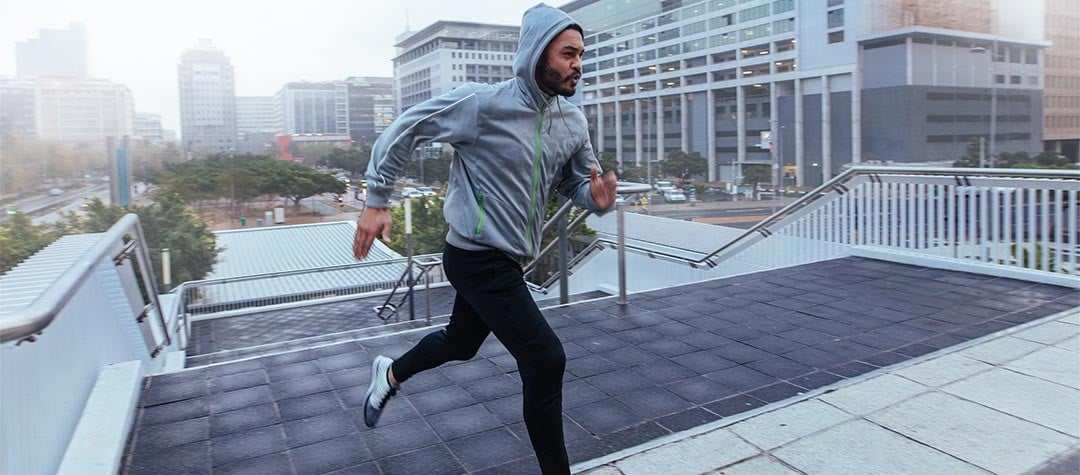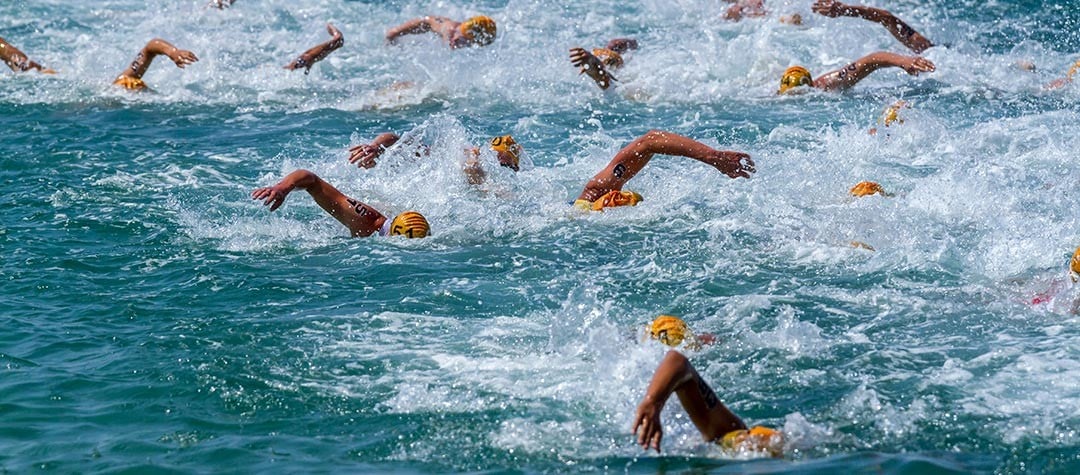Looking to take the next step in your triathlon training? Find out how altitude training could help your tri performance come on leaps and bounds.
How does altitude training help improve performance?
It’s been well known for a long time now that altitude training can add a really great performance benefit for endurance athletes. With the decrease in oxygen concentration in the air the higher you get the more you’re struggling for breath which encourages the body over time to increase red blood cell production giving us better oxygen carrying abilities. So when we return back down to sea level all of a sudden exercise feels a little easier!
There is obviously going to be a minimum period that you have to spend at the right altitude with the right training to get the effects. A skiing holiday at 2,000m for 1 week won’t give you any benefit at all, especially with all the apes ski going on. However a triathlon training camp in Boulder, Colorado at 1,600m, training at up to 3,000m altitude for three weeks will certainly give you a boost.
Training with reduced oxygen will obviously stress the body, so in turn you will adapt and get stronger.
Training with reduced oxygen will obviously stress the body, so in turn you will adapt and get stronger. One of the other benefits as well as increased red blood cell count is you’ll also lose weight much easier so you’ll not only return home feeling stronger and like you’ve got the lungs of a horse, but you’ll also be a fair bit leaner than before you left which in a sport like triathlon is very useful as well.
How to altitude train correctly
When you get to altitude you do have to be very careful and you do need to know what you’re doing in order to get your time there right. You should back off your usual training load in the first 10 days, training will probably feel great because you’re in a new place, it’s stunningly beautiful and you’re highly motivated, but if you turn up and start smashing it straight away you’ll regret it later down the line and you won’t be able to complete the block effectively as your body has to realise where it is.
Even when you’re in the groove of training it’s advisable to avoid the really intense workouts as at altitude the energy cost of doing this will be higher than at home and you could easily end up over trained. Medically you should also supplement your iron intake as being at altitude will sap your iron levels quickly. A blood test is advisable if you have access to it to see how your body is before but also what changes were made post-camp.
A note of caution
Altitude training is not always good for all aspects of performance. Altitude is very good for working on your strength but it’s not great for top end speed, mostly because you can’t do it as effectively up there as you can at home.
In terms of peaking for a race, for some people altitude training not the right thing to do. Although the longer duration the event the less speed work is required so altitude training could be better for these events.
Altitude is very good for working on your strength but it’s not great for top end speed, mostly because you can’t do it as effectively up there as you can at home.
When planning altitude training around a race it’s also important to consider the timing of returning back home. If you arrive at a race 5/6 days after altitude training you’ll probably be in the absorbing phase of training and you may feel exhausted.
One thing I notice in particular is that 10 days plus after returning home from altitude training I feel really fantastic for around a month and the body feels in great condition to get in some of my best races, so that’s probably the optimum time to get in a good performance.
If you’re looking for a great altitude training camp my favourite spots where I have frequently trained are:
- Boulder
- Font Romeau
- St Moritz
- Flagstaff
- Alpe d’Huez

